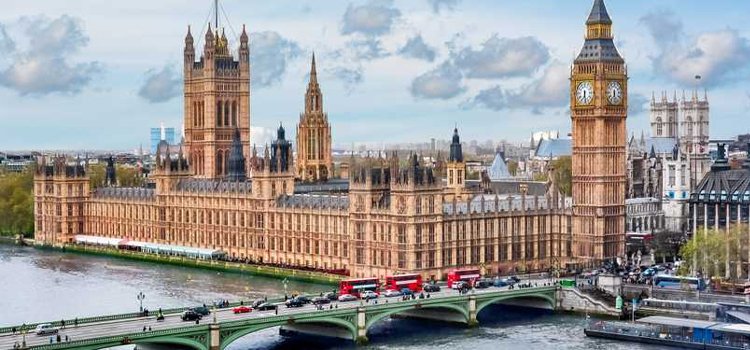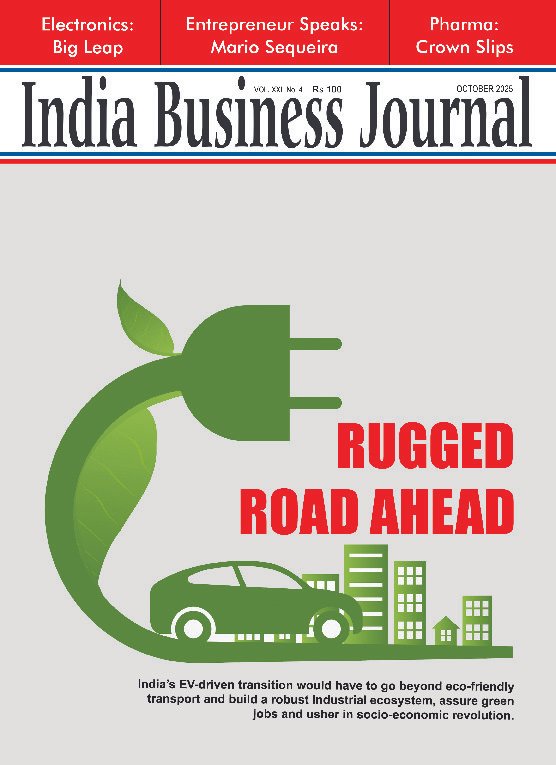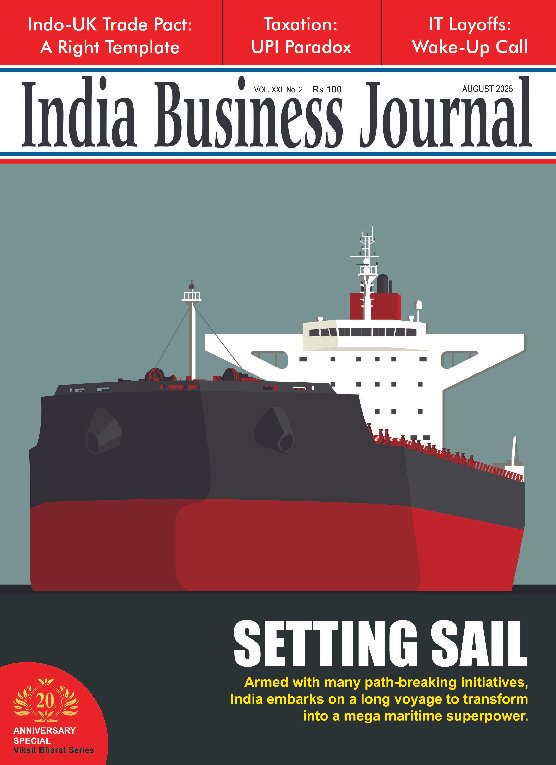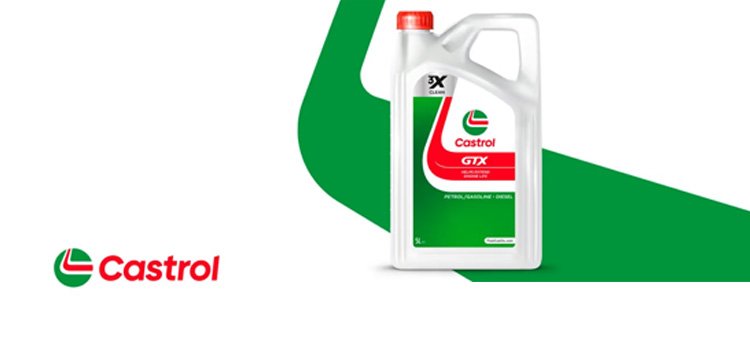WORLD
UK’s COVID norms deeply impact low-paid and migrant workers
- IBJ Bureau
- Dec 12, 2021

The latest directive from the UK government that people should work from home has led to concerns about the impact on businesses in the run up to Christmas. Besides, it is also likely to have a devastating effect on people on low pay who may be unable to work from home.
The same is true of new rules requiring people to self-isolate for ten days after being in contact with someone infected with the Omicron variant. For those with limited access to sick pay or who are unable to work from home, both measures could lead to a rise in “sickness presenteeism” – going to work when you are ill. The risk of this happening should not be ignored as governments attempt to deal with the new COVID strain.
Recent research has shown that people in low-paid, insecure and self-employed roles are driven by financial necessity to presenteeism. This then spreads disease, shown in separate research which highlights the disproportionate COVID rates in low paid, manual and frontline workers. Many of these people cannot rely on statutory sick pay, which is set in the UK at 96 pounds per week (among the least generous levels in Europe). So, they have no choice but to turn up to work.
Around 1.8 million employees do not qualify for sick pay because they don’t earn enough, and 5 million miss out because they are self-employed. Many immigrants also are ineligible, and while the government offers a payment of 500 pounds to cover a period of self-isolation, for the many thousands of workers without a contract, this is difficult to access.
Recent analysis highlighted that over 500,000 seasonal workers employed over the festive season in the UK will not qualify for statutory sick pay.





















Report By
View Reporter News